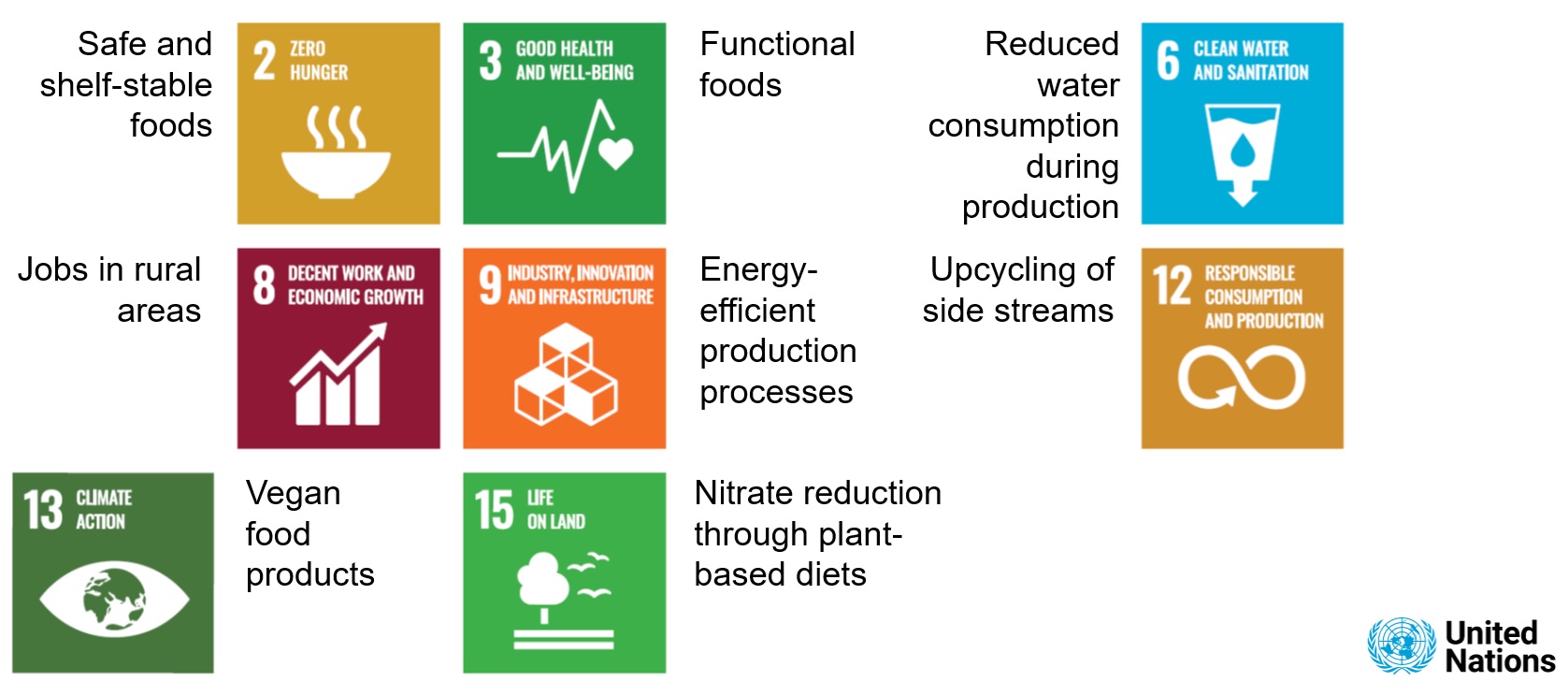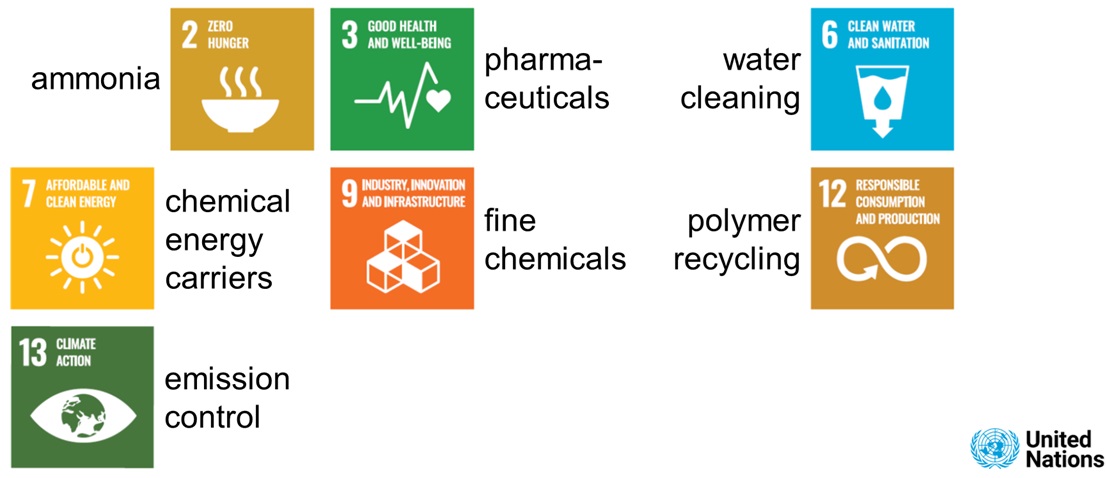Bioengineers are the pioneers of interdisciplinary research driving a sustainable, post-fossil economy in line with the bioeconomy. They use their knowledge to create sustainable energy and materials solutions and products for the future.
Chemical engineers are the creative minds behind innovative solutions that will help us move towards a carbon-neutral society. They ensure that material cycles are closed and that technical approaches can be put into practice.
The courses offered by the KIT Faculty of Chemical and Process Engineering are constantly being developed and adapted to current research content, especially in the area of specialisation. While our study programmes generally enable graduates to think and act in a future-oriented manner, to understand the effects of their own actions on the world and to make responsible, sustainable decisions, we have listed below some examples of courses that deal specifically with sustainability issues.
(This list does not claim to be exhaustive; further information on each module can be found in the module handbooks).Bachelor
-
Energieverfahrenstechnik
-
Catalysts for the Energy Transition
-
Profilfach Energie- und Umwelttechnik
-
Profilfach Kreislaufwirtschaft
-
Profilfach Wasser/ Abwasseraufbereitung
-
Intensivierung von Bioprozessen
Master
- C1-Biotechnologie
- Elektrobiotechnologie
- Biobasierte Kunststoffe
- Biotechnologische Prozesse in der Bioökonomie
- Power-to-X – Key Technology for the Energy Transition
- Liquid Transportation Fuels
- Energieträger aus Biomasse/ Energy from Biomass
- Verfahren und Prozessketten für nachwachsende Rohstoffe
- BLT-LVT: Verfahren und Prozessketten für Lebensmittel pflanzlicher Herkunft
- Katalytische Verfahren der Gastechnik
- Ethik und Stoffkreisläufe
- Wasserstoff- und Brennstoffzellentechnologien
- Environmental Biotechnology Water Technology
- Luftreinhaltung - Gesetze, Technologie und Anwendung
Process engineering: Qualification for a sustainable future
With our research-based teaching, we qualify engineers for a sustainable society. Our undergraduate teaching forms the basis for scientific engineering thinking and action. Elective and specialization courses are geared towards the requirements of a resource-efficient and data-based industrial society.
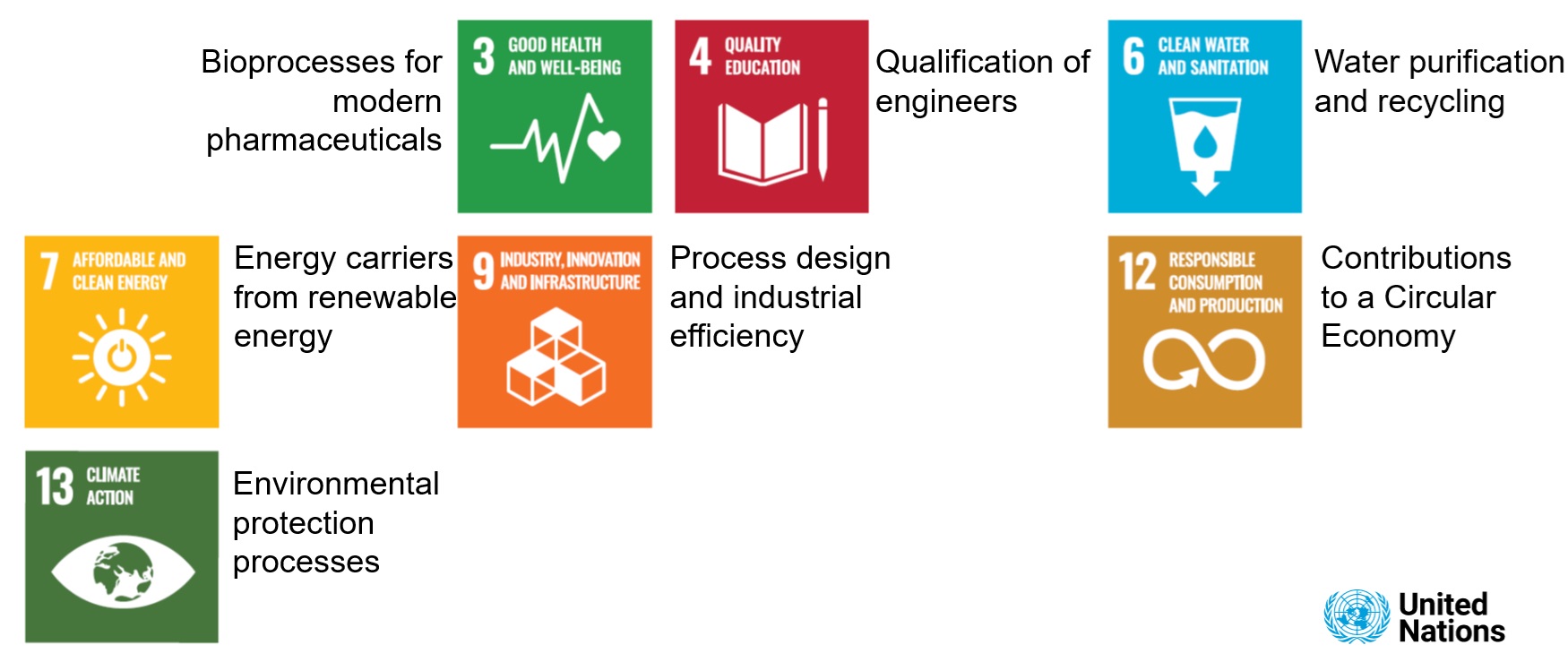
Contact
Bioprocess engineering is paving the way for a bio-based future
As a key technology, it helps to solve both industrial and societal challenges.
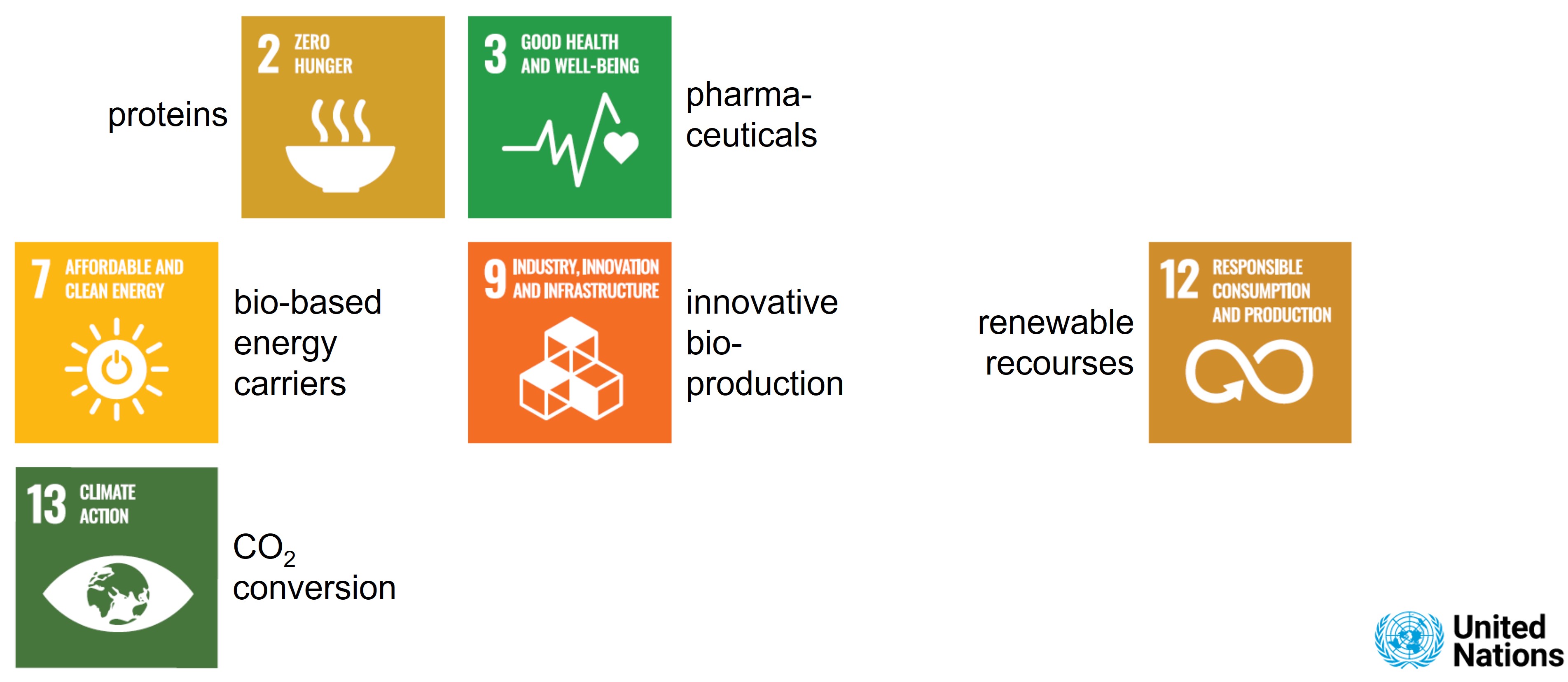
Contact
Mechanical process engineering: Clean air - the basis of life
Investigating gas-borne particle systems and their material and functional properties is crucial for environmental protection, as it leads to applications in areas such as gas purification, energy technology and vehicle technology.
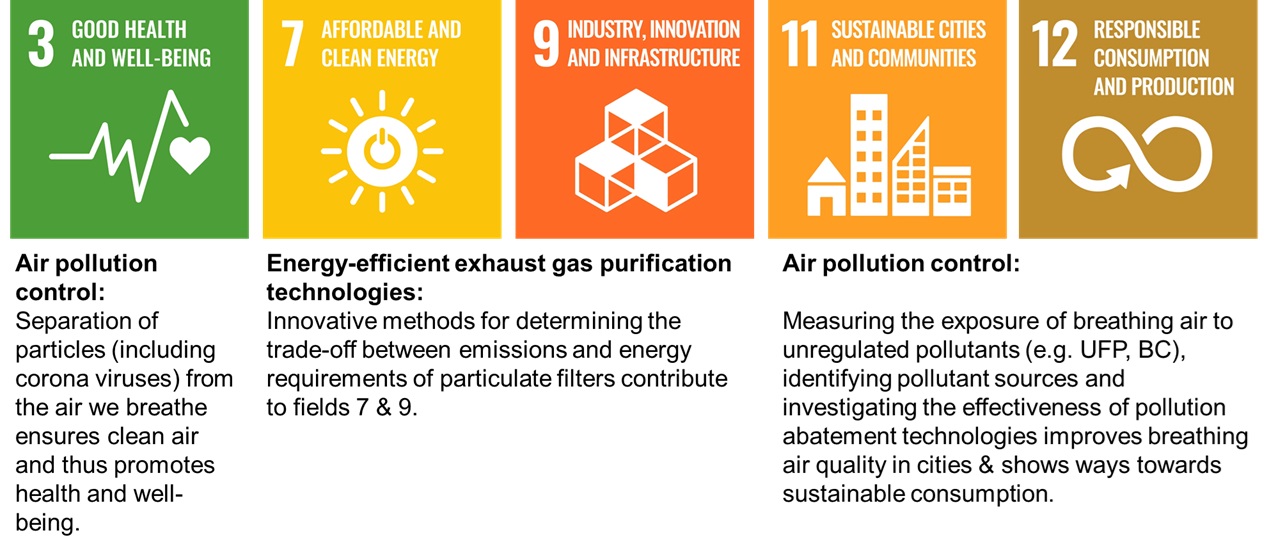
Contact
Food process engineering: An example of a new and safe approach to nutrition
There are several exciting developments on the horizon in food process engineering that reflect both technological and social changes. Here are some key examples.
